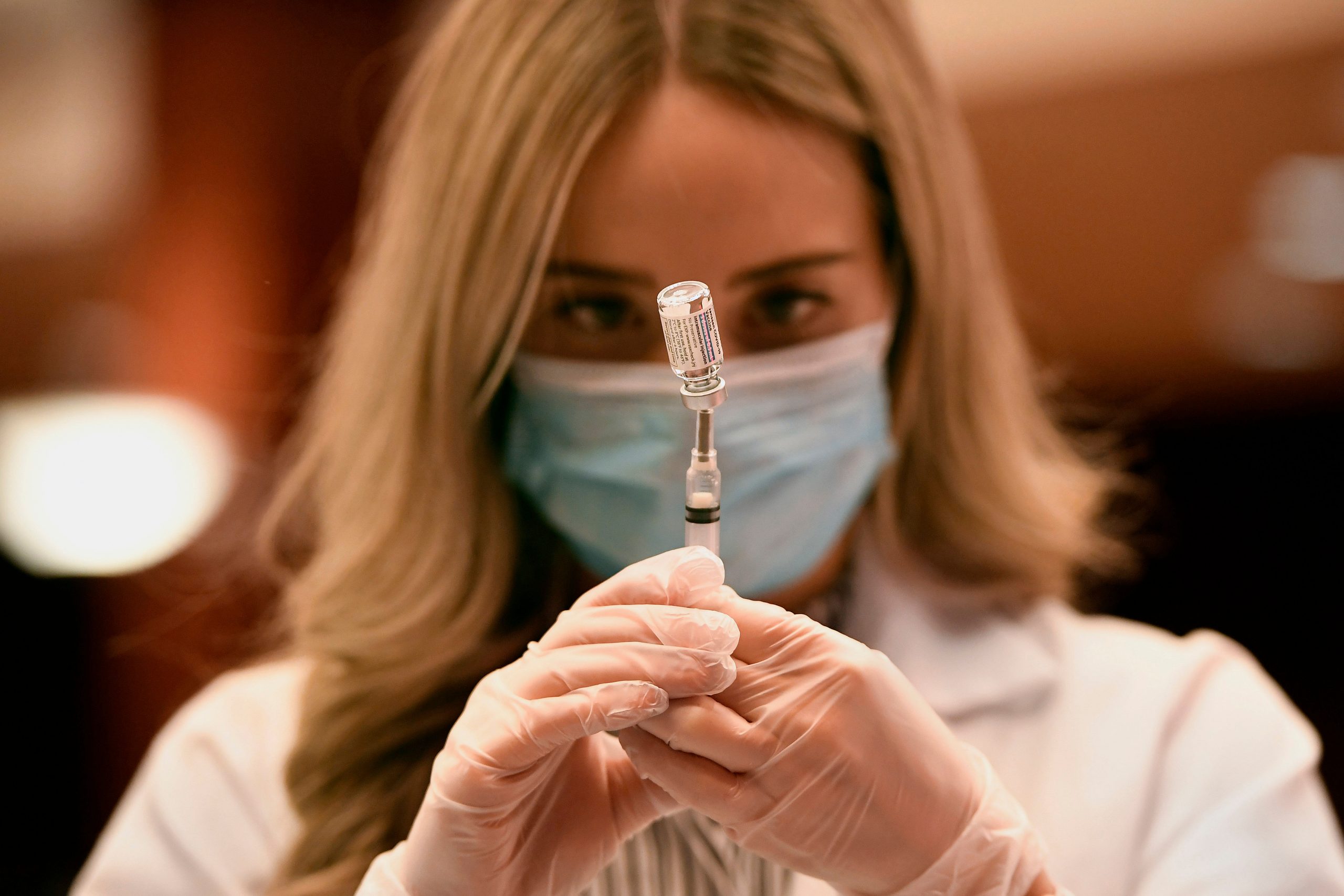The US Centers for Disease Control and Prevention released new COVID-19 guidelines on Monday, allowing people who have been fully vaccinated to gather indoors, unmasked, with people who have also received their jabs.
Fully vaccinated people can also meet with people from one other household indoors without masks so long as the unvaccinated people are not at high risk of severe COVID-19, AFP quoted CDC director Rochelle Walensky as saying.
Also Read | Joe Biden to give primetime address marking a year of the pandemic in the US
Fully-vaccinated people who come into contact with someone who has COVID-19 also won’t need to take a test or quarantine unless they show symptoms — unless they live in a congregate setting like a nursing home or correctional facility.
The recommendations came as US states were moving to reopen schools and businesses amid a drop in cases.
Some 59 million Americans have now received one or more vaccine doses — about 23% of the adult population — and the immunisation rate has been steadily rising after a shaky start.
People are considered fully vaccinated two weeks after their second dose in a two-dose series, like the Pfizer or Moderna vaccines, or two weeks after a single-dose vaccine like Johnson & Johnson’s.
Also Read | Children in England to go back to school after two-month lockdown
While the new guidance will come as welcome news, particularly for the elderly who are now free to visit with their healthy children and grandchildren, many restrictions have not changed.
The CDC continues to recommend that fully-vaccinated people wear masks and maintain social distancing in public, or in indoor gatherings involving people from more than one household.
And the new guidance does not apply to meetings with people who have underlying conditions that place them at higher risk for severe COVID.
Also Read | India’s vaccine rollout has ‘rescued the world’ from the COVID-19 pandemic, says US scientist
The health agency also continues to recommend against attending larger gatherings and advises against domestic or foreign travel.
Scientists are now very confident that authorised COVID vaccines protect people against severe disease and death.
There is also growing evidence that they stop infections — though probably not at the same rate as they stop disease — but more research is needed to get a firmer idea.







